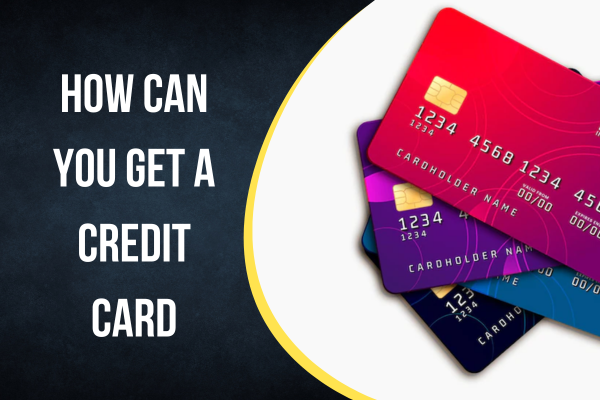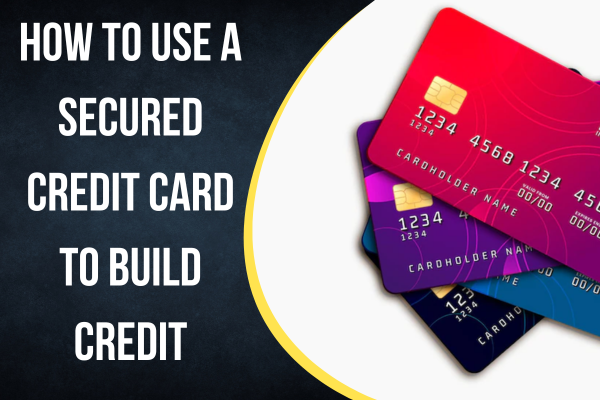Credit cards have become an indispensable financial tool for many people, providing convenience and flexibility for making purchases. However, there are times when you may need to access the funds from your credit card and transfer them to your bank account. Whether it’s to manage cash flow, pay off debts, or cover unexpected expenses, understanding how to transfer money from a credit card to a bank account can be beneficial. In this article, we will guide you through the process and explore various methods available for this transaction.
Money From Credit Card to Bank Account
- Cash Advance: One way to obtain money from your credit card is through a cash advance. This method allows you to withdraw cash from an ATM or over the counter at a bank using your credit card. However, it’s important to note that cash advances often come with high-interest rates and additional fees. Before considering a cash advance, carefully review your credit card’s terms and conditions to understand the associated costs.
- Balance Transfer: Another method to transfer money from a credit card to a bank account is by utilizing a balance transfer. This involves transferring the balance from your credit card to a bank account. Some credit card issuers offer promotional periods with low or zero interest rates for balance transfers, which can help you save money on interest payments. However, keep in mind that there may be balance transfer fees involved, so compare offers and terms from different credit card companies to find the best option.
- Peer-to-Peer Payment Platforms: Peer-to-peer payment platforms, such as PayPal, Venmo, or Square Cash, provide convenient ways to transfer money between credit cards and bank accounts. These platforms typically allow you to link your credit card and bank account to facilitate seamless transactions. However, note that some platforms may charge a fee for transferring funds from a credit card.
- Money Transfer Apps: There are several mobile apps available that enable money transfers from credit cards to bank accounts. Apps like Revolut, TransferWise, and Paytm offer simple and quick methods to transfer funds. These apps often have competitive exchange rates and low fees, making them a viable option for international transfers as well.
- Personal Loans: If you need a substantial amount of money from your credit card, you might consider applying for a personal loan. Many financial institutions and online lenders offer personal loans with competitive interest rates. By obtaining a personal loan, you can deposit the loan amount into your bank account and repay it over time. However, carefully assess the loan terms and interest rates to ensure it aligns with your financial situation.
Important Considerations:
- Interest Rates and Fees: Before transferring money from your credit card to a bank account, thoroughly review the associated interest rates, fees, and terms to understand the total cost of the transaction.
- Credit Card Limit: Ensure that the amount you intend to transfer does not exceed your credit card’s limit to avoid any potential issues or penalties.
- Credit Score Impact: Certain methods, such as cash advances, may have an impact on your credit score. Evaluate the potential consequences before proceeding.
Here Are Some of the Most Common Methods:
- Online banking: Most credit card companies allow you to transfer money from your credit card to your bank account online. This is a convenient and easy way to transfer money, and it is usually free.
- Phone: You can also transfer money from your credit card to your bank account by calling your credit card company. This is a good option if you do not have access to online banking.
- ATM: Some ATMs allow you to transfer money from your credit card to your bank account. However, this is usually a more expensive option than online banking or phone transfers.
- Cheque: You can also write a cheque from your credit card to yourself and deposit it into your bank account. This is a slow and inconvenient way to transfer money, but it is free.
Here Are Some Things to Keep in Mind When Transferring Money from a Credit Card to a Bank Account:
- Fees: Some credit card companies charge fees for transferring money from a credit card to a bank account. Be sure to check your credit card agreement to see if there are any fees associated with this type of transfer.
- Interest: If you transfer money from your credit card to your bank account and then use that money to make a purchase, you may be charged interest on the purchase. This is because the money is still considered to be a credit card balance, even though it is technically in your bank account.
- Limits: Some credit card companies have limits on the amount of money you can transfer from your credit card to your bank account in a single day or month. Be sure to check your credit card agreement to see if there are any limits on transfers.
Here Are Some Tips for Getting Money from a Credit Card to a Bank Account:
- Plan ahead: If you know you need to transfer money from your credit card to your bank account, do it as soon as possible. This will help you avoid paying interest on the purchase.
- Check your fees: Be sure to check your credit card agreement to see if there are any fees associated with transferring money from a credit card to a bank account.
- Use the right method: The best method for transferring money from a credit card to a bank account will depend on your specific needs and circumstances. If you need to transfer a large amount of money, online banking or phone transfers may be the best option. If you only need to transfer a small amount of money, a cheque may be the best option.
Conclusion: While it’s essential to have a good understanding of the various methods available to transfer funds from a credit card to a bank account, it’s equally important to evaluate the associated costs and implications. Depending on your circumstances, one method may be more suitable than another. Remember to read the fine print, compare options, and choose the most cost-effective and convenient solution that aligns with your financial goals.





Leave a Reply